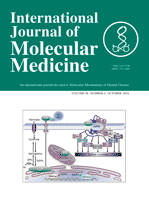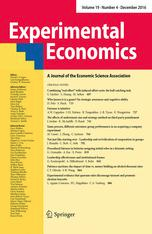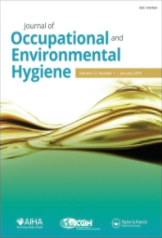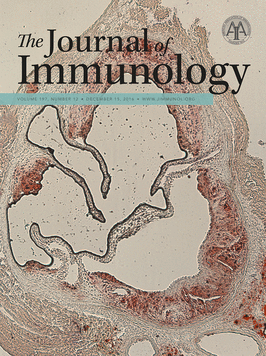

Not all retractions result from researchers’ mistakes — we have an entire category of posts known as “publisher errors,” in which publishers mistakenly post a paper, through no fault of the authors. Yet, those retractions can become a black mark on authors’ record. Our co-founder Ivan Oransky and Adam Etkin, Executive Editor at Springer Publishing Co (unrelated to Springer Nature) propose a new system in the latest issue of the International Society of Managing & Technical Editors newsletter, reprinted with permission below.
Imagine you’re a researcher who is one of 10 candidates being considered for tenure, or a promotion, or perhaps a new job which would significantly advance your career. Now imagine that those making this decision eliminate you as a candidate without even an interview because your record shows you’ve had a paper retracted. But in this particular case, what the decision makers may not be aware of is that the paper was not retracted because you made an honest mistake—which, if you came forward about it, really shouldn’t be a black mark anyway—or even because you did something unethical. It was retracted due to publisher error. Like Han Solo and/or Lando Calrissian, you’d find yourself in utter disbelief while saying “It’s not my fault!”— and you’d be right. Continue reading Dopey dupe retractions: How publisher error hurts researchers



 Every year, academics get thousands of spam emails inviting them to submit manuscripts or attend conferences — but don’t bother asking to “unsubscribe” for Christmas.
Every year, academics get thousands of spam emails inviting them to submit manuscripts or attend conferences — but don’t bother asking to “unsubscribe” for Christmas.
 An investigation into the lab of a prominent cancer researcher in British Columbia has revealed nearly 30 acts of misconduct.
An investigation into the lab of a prominent cancer researcher in British Columbia has revealed nearly 30 acts of misconduct. 

 A lab at the University of California, Los Angeles has retracted two papers for duplicated images.
A lab at the University of California, Los Angeles has retracted two papers for duplicated images.